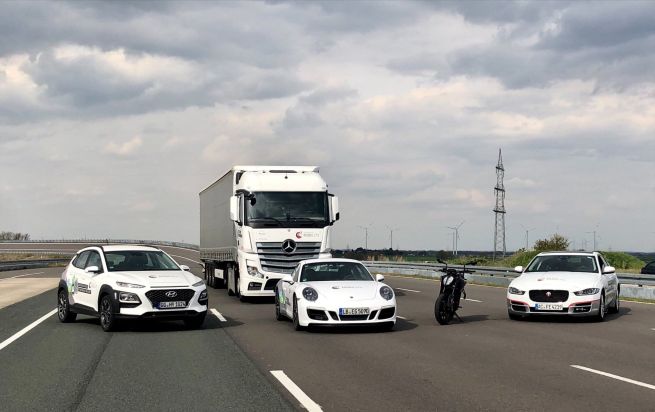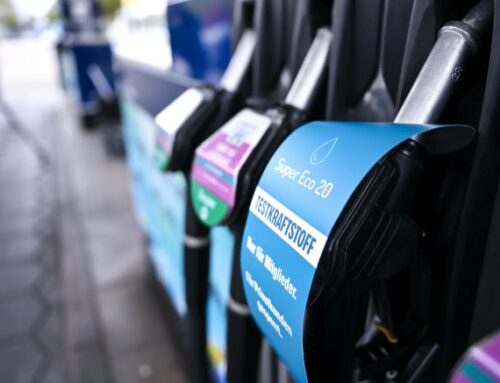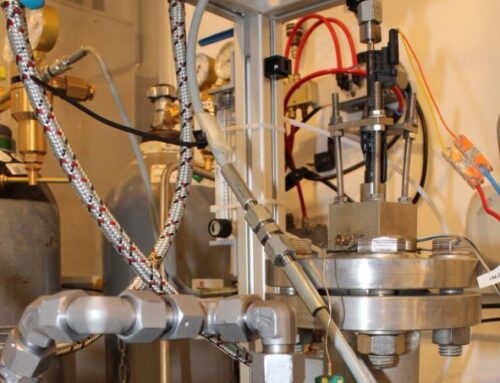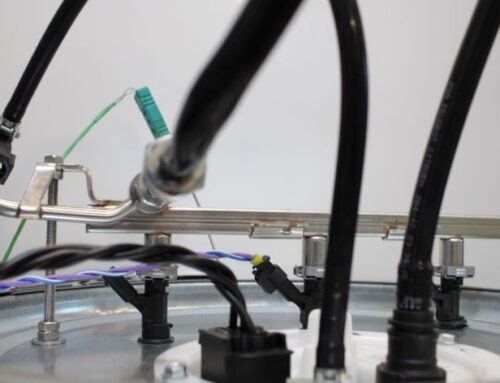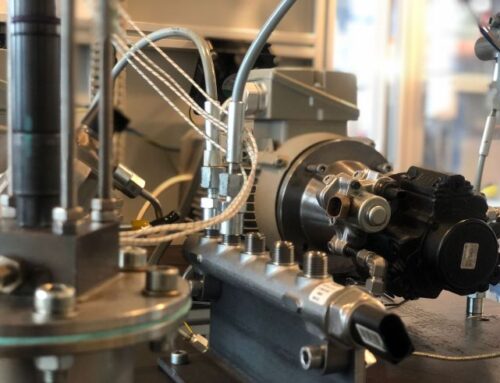Research confirms drop-in capability for new and existing vehicles
25 October 2022 – Methanol-to-gasoline (MtG) has the potential to become a carbon-neutral and high-quality fuel of the future, replacing mineral oil-based gasoline. Methanol-to-gasoline blends with 10% bio-ethanol (MtG E10) or 15% 2-butanol (MtG 2-Bu15) are compliant with the EN 228 standard for gasoline and are therefore suitable for both newly registered and existing vehicles. In no-harm tests on test rigs and in demonstration vehicles, no incompatibilities of the fuels with sealing materials and engine components emerged, so there is a high potential for drop-in capability. Provided that the raw materials for producing methanol and ethanol are manufactured sustainably, vehicles running on MtG E10 or Mtg 2-Bu15 fuels can even be greenhouse gas neutral. Pollutant emissions were consistently lower or at least on par with the mineral oil-based reference fuel. In addition to these, there were numerous other new findings in the C3-Mobility joint project, which involved around 30 partners from universities, research institutions and industry.
The material investigations in the joint project were carried out by TEC4FUELS GmbH. The commonly used elastomers and plastics of vehicle components were immersed in the investigated fuels and blends as well as in a reference fuel over a period of 5 to 9 months. In addition to ethanol, the alcohol 2-butanol was also considered for blending with Methanol-to-gasoline. No abnormalities were observed. In addition, TEC4FUELS carried out tests under forced conditions in a hardware-in-the-loop (HiL) test setup. The HiL test setup contained all components of the fuel system from the tank to the injector. A test fuel flowed through them over a period of 500 hours and they had to withstand high loads. Several fuels or fuel systems could be run in parallel in the test setup. Synthetically produced MtG had no undesirable effects on the fuel-carrying system, either as fresh or as artificially aged fuel. The tests showed that the injectors, high-pressure pumps, rails and hoses tested were not impaired in their function by any of the fuels tested.
Methanol-to-Gasoline in application-oriented tests
OWI Science for Fuels gGmbH investigated further application-related questions on the miscibility and aging behavior of MtG fuels in C3-Mobility. For this purpose, OWI used both standardized scientific test methods and those developed in-house, such as the BigOxy and crucible test rig. The results showed that the properties of Methanol-to-gasoline are comparable to those of conventional gasoline. The aging behavior is also comparable, and with suitable additives, MtG can be used in current application technology without any problems from a chemical point of view. In particular, the MtG E10 and MtG 2-Bu15 blends were in compliance with standards, showed no undesirable blending effects, and had aging behavior comparable to mineral oil-based gasoline. From the perspective of OWI and TEC4FUELS, the two blends are therefore suitable as drop-in fuels for existing and new vehicles with gasoline engines.
The project on which this publication is based was funded by the German Federal Ministry of Economics and Climate Protection (BMWK; previously BMWi) under grant number 19I18006. The author is responsible for the content of this publication.
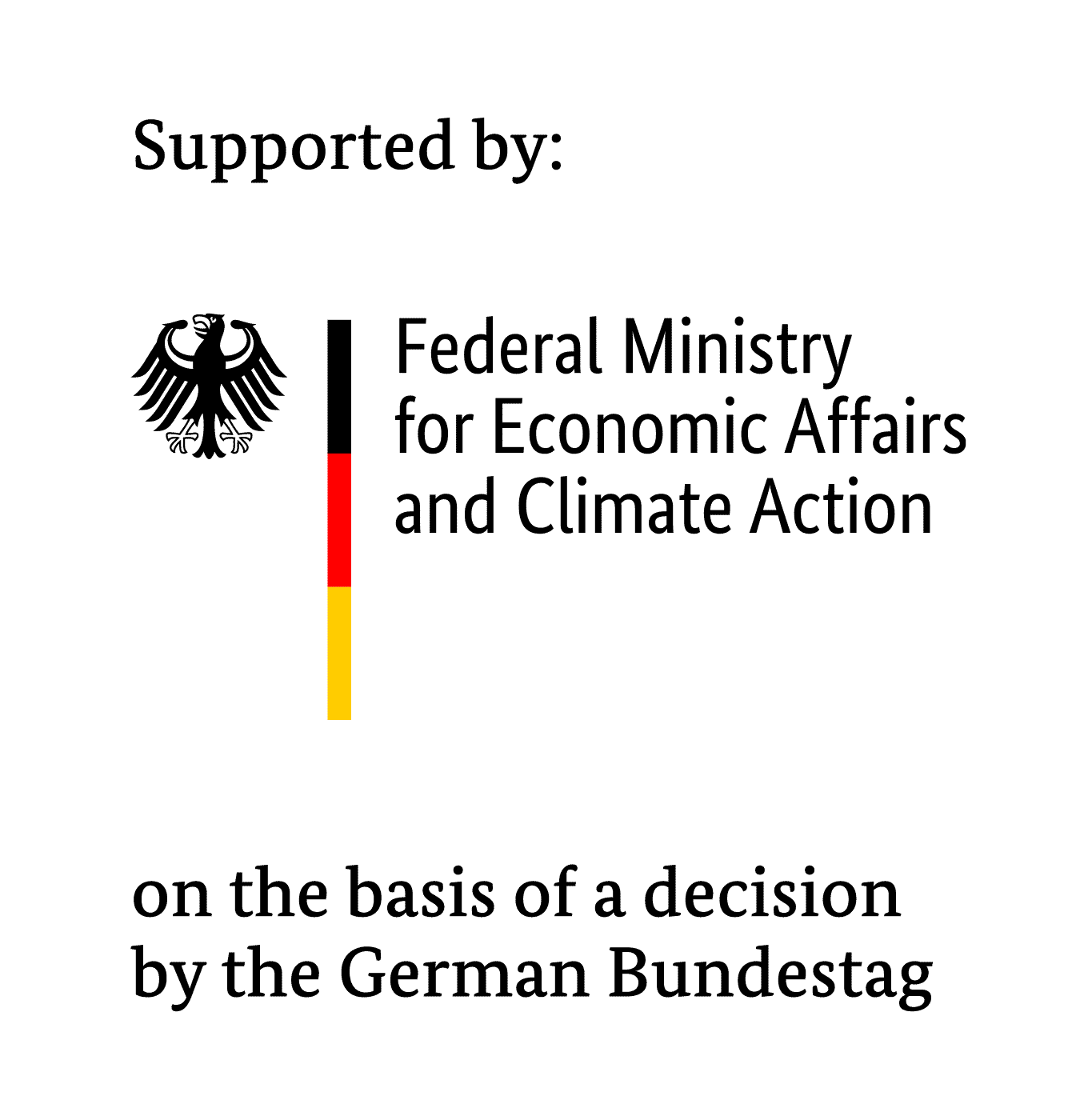
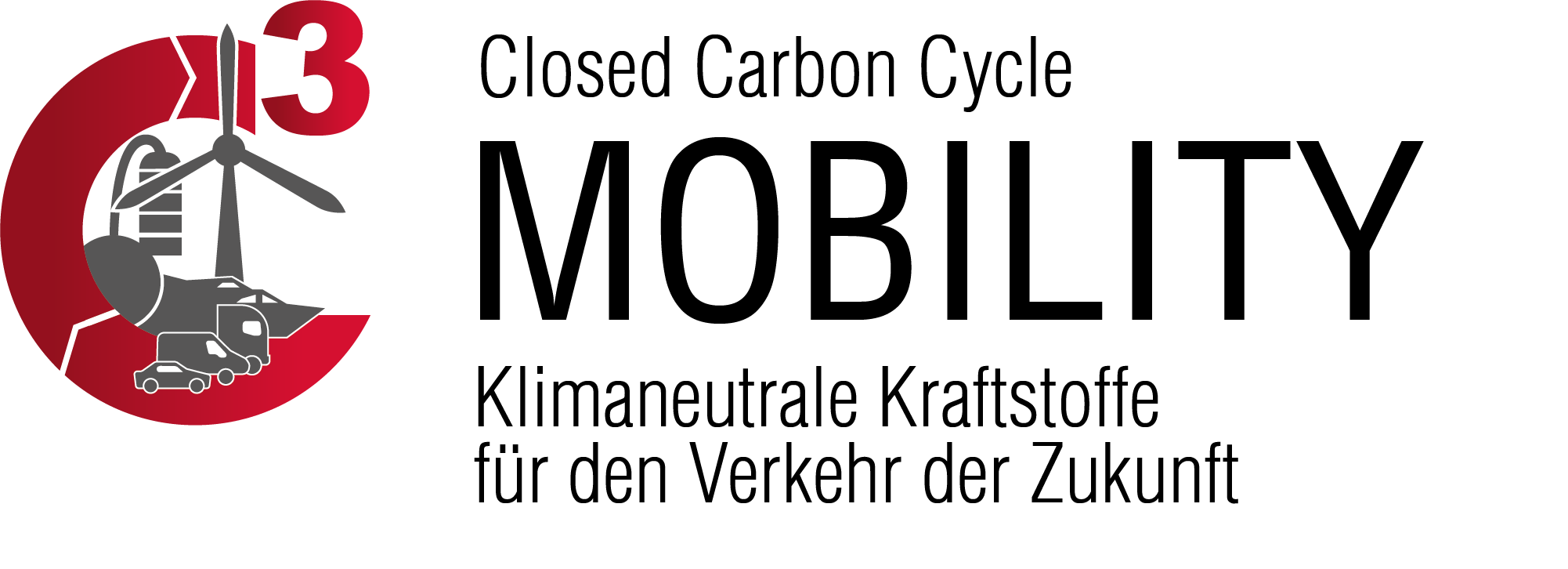
About the C³-Mobility consortium
The research project C³-Mobility (“Closed Carbon Cycle Mobility – Climate Neutral Fuels for the Transport of the Future”) focuses on the development of production technologies for the manufacture of renewable fuels and practical tests in the transport sector. The consortium consists of 36 partners from industry, universities and non-university research institutions
- FEV Europe GmbH
- Opel Automobile GmbH
- Ford-Werke GmbH
- Daimler AG
- Volkswagen AG*
- BMW Group
- Hyundai Motor Europe Technical Center GmbH
- Porsche AG*
- Liebherr-Components Deggendorf GmbH
- Continental Automotive GmbH2
- Continental Mechanical Components Germany GmbH2
- Denso Automotive Deutschland GmbH
- AVL Deutschland GmbH
- AVL Thermal and HVAC GmbH GmbH
- innogy SE*
- Chemieanlagenbau Chemnitz GmbH
- Shell Global Solutions
- Umicore AG & Co. KG*
- Deutz AG*
- Grillo Werke AG*
- bse Engineering Leipzig GmbH
- KTM AG*
- ERC Additiv GmbH*
- PRIMAGAS Energie GmbH & Co.*
- RWE Power AG*
- SHV Energy NV*
- TEC4FUELS GmbH1
- Weissgerber Engineering1
- OWI Science for Fuels gGmbH
- Forschungszentrum Jülich GmbH
- Fraunhofer ISE
- TU Darmstadt
- TU Freiberg
- TU Dresden
- FH Aachen
- RWTH Aachen University
* associated partner
1 subcontracted
2 Withdrawal from the joint project as of 31.03.2020
